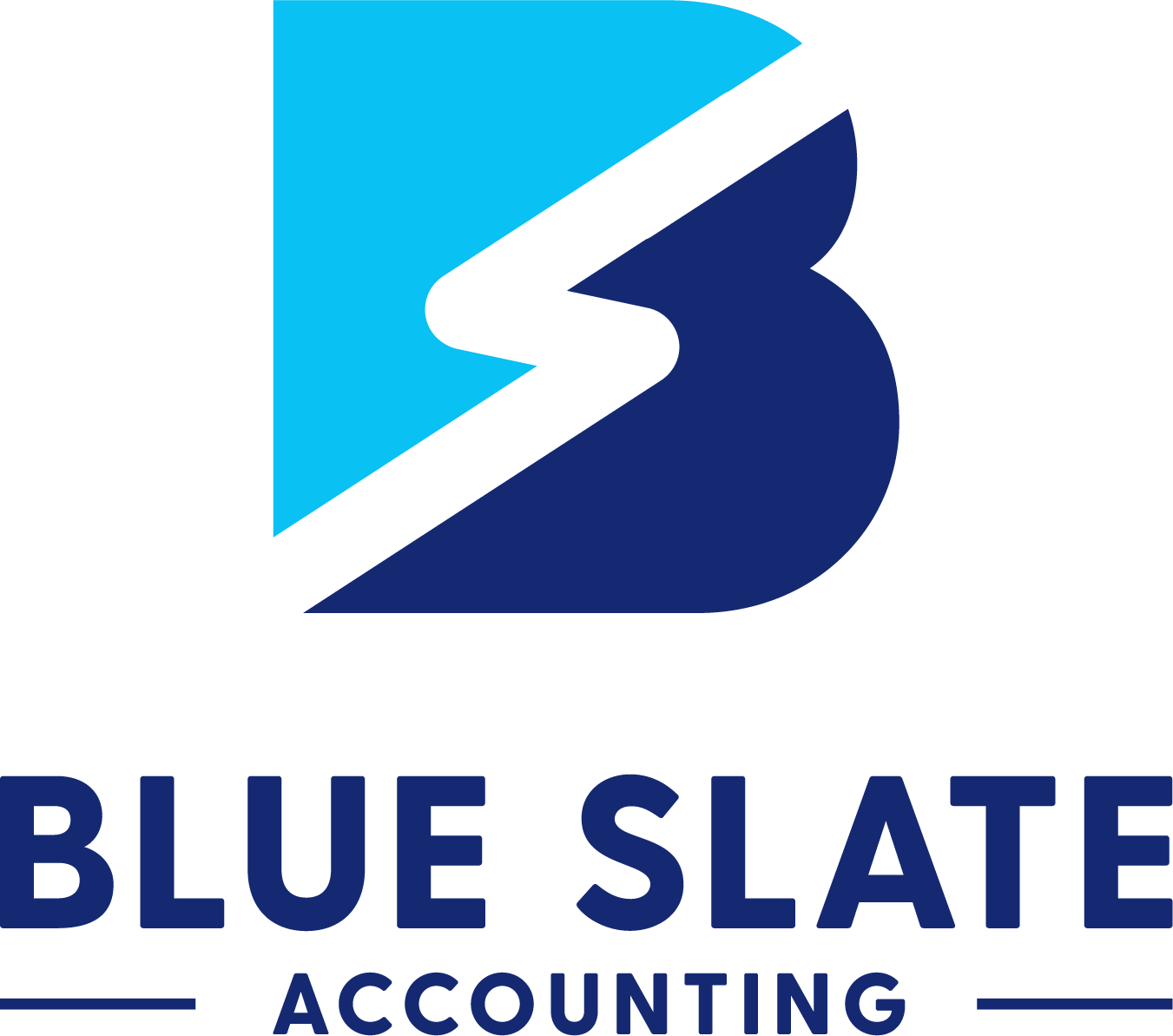Tax Resolution Unit Suffers From Unpopularity
It’s a popularity contest.
But not the type you’re thinking of.
This one involves a three-letter agency. And regular folks like you.
The Internal Revenue Service is aware of its status among taxpayers. Regardless, they are looking for ways to improve their image.
Let’s see if they’ll make the cut.
IRS Process Experiencing Dwindling Usage
Earlier in the month, the IRS’s National Public Liaison meeting took place in Washington D.C.
Among the topics was the alternative dispute resolution (ADR) process.
I previously touched on this subject. More specifically, the creation of a new branch under the agency’s Office of Appeals.
The tax resolution unit focuses on closing accounts which want to avoid costly litigation. From settlement to mediation, they are incentivized to satisfy both parties.
But there’s a problem. At least from the perspective of the IRS.
There aren’t enough takers who want to engage with this method of dispute conclusion. And officials have seen usage continue to plummet.
So, federal decision makers assembled to encourage use of the system. Hoping that a cross-functional team could generate unique solutions.
Businesses across this nation have found success with this approach.
However, there needs to be an established culture of collaboration. Before this team can solve problems.
Traditionally this has been harder in the government sector. Mainly due to red tape and competing priorities.
Why they want it to work:
- Studies reveal mutual compliance
- Cases finalized sooner
Perhaps non-adoption of this tool is tied to something deeper. A misalignment with the values of everyday Americans.
Next, I’ll cover reasons for this discrepancy.
Barriers to ADR Use Might Be Self-inflicted
The National Taxpayer Advocate’s 2023 report to Congress highlighted a relevant fact.
Trust in the IRS Independent Office of Appeals is low. One of the complaints lies in their lack of independence. Go figure!
- Appeals Officers (AOs) lack autonomy for decisions
- Absence of transparency for settlement standards
- System applies broad view on individual cases
Decision Maker Complication
Through observations and data, they found that AOs have reduced independent authority. Leading to confusion around their intended role in the settlement process.
A second player may be to blame. Appeals specialists.
Examples:
- Technical guidance coordinators
- Subject matter experts
Working just out of view, they take a different approach than their peers. Involving them can restrict the authority of AOs to settle.
Defeating the original purpose for their hiring and frustrating taxpayers.
A similar example I can think of is “independent” fact-checkers on social media. Users can’t appeal to these individuals. And the platforms themselves must trust the determination.
Muddled Standards for Settlement
Another point of contention deals once again with Appeals specialists.
This time, it’s their refusal to approve a settlement. But the decision, although unwelcome, isn’t the main source of grievance. Their reasoning is.
The report found that these individuals denied cases when they, “deviated from undisclosed, nationwide settlement parameters.”
Zoom in on the word “undisclosed.” And you’ll understand why taxpayers and tax professionals cite a lack of transparency.
Systems Missing Personal Touch
A final problem rears its head when settlements involve coordinated issues.
Plenty of practitioners see taxpayers reluctantly choose litigation over an IRS appeal. Why?
They believe impartiality is more likely to occur in court.
A tax court must consider facts and circumstances unique to that case. An approach that some tax professionals suspect isn’t happening at the Office of Appeals.
Regulations may constrain their ability to deliver a custom approach. But without the IRS dispelling this speculation, we’re left wondering.
Let’s set aside this issue for now. Because you’re here for solutions.
With any negotiation, compromise is key. Which leads me to a lesson from another field.
Perspective-taking is a sales tactic. The aim is to determine what the other party is thinking. Having accomplished this, you boost the odds of walking away feeling good.
Good in terms of not sacrificing your own interest for that of the other party.
Should you decide to engage with the IRS for your outstanding tax balance, wise counsel is essential.
I’ll explore this more next.
Professional Help Smooths Out Tax Resolutions
Beyond helping you avoid an audit, a tax resolution specialist can stand in for you. Think of them as part of your team in a wrestling match. Tag them as needed.
You won’t have to deal with the collectors directly. Freeing you to reinvest that time “currency” into earning the capital needed to fulfill your debts.
Extra perks:
- Helps you wade through confusing IRS practices
- Advocates for a fair deal
- Applies Tax Code expertise to your situation
Non-industry folks normally find the language of taxes perplexing. Your ally acts as an interpreter. Because they deal with both the IRS and public.
Having participated in numerous tax resolution disputes, their negotiation skills are invaluable. Because the amount you are responsible for isn’t fixed.
That’s right.
Top options at their disposal:
- Installment agreement
- Offer in Compromise (OIC)
- Delayed collection
The first two are more advisable as they offer a bit more flexibility. I want to unpack an OIC for a minute.
It’s an agreement that settles your debt for less than you owe. The IRS website relays that you should entertain this choice after expending all others.
Say that’s the case. A lump sum or periodic payments with an initial amount down will be part of the agreement.
Factors they consider:
- Income
- Expenses
- Assets
- Capacity to pay
Tax help relief is real and attainable. As is that “debt-free” feeling of joy.
You’re now ready for an important first step.
Blue Slate Accounting Tax Resolution Specialist
Something is missing from the accounting field.
A human approach to personalized tax resolution services. Zelienople, PA is our home, but we’ve worked with businesses and individuals across this great nation.
Aiding their arrival back to good standing with the federal and state governments.
Our small, but dedicated team of certified tax professionals and an IRS Enrolled Agent assist with:
- Preparation of unfiled income tax returns
- Penalty reduction
- Offers in compromise
- Payment plans
- Financial hardship plans
- Wage garnishment/bank levy releases
- Audits
- IRS appeals
We can clean up the debacle of that unorganized box of tax documents. For a monthly fee, we can counsel you on deductions and breaks to use next time.
Offload your tax resolution needs today. And take the first step towards reclaiming your joy and happiness!










